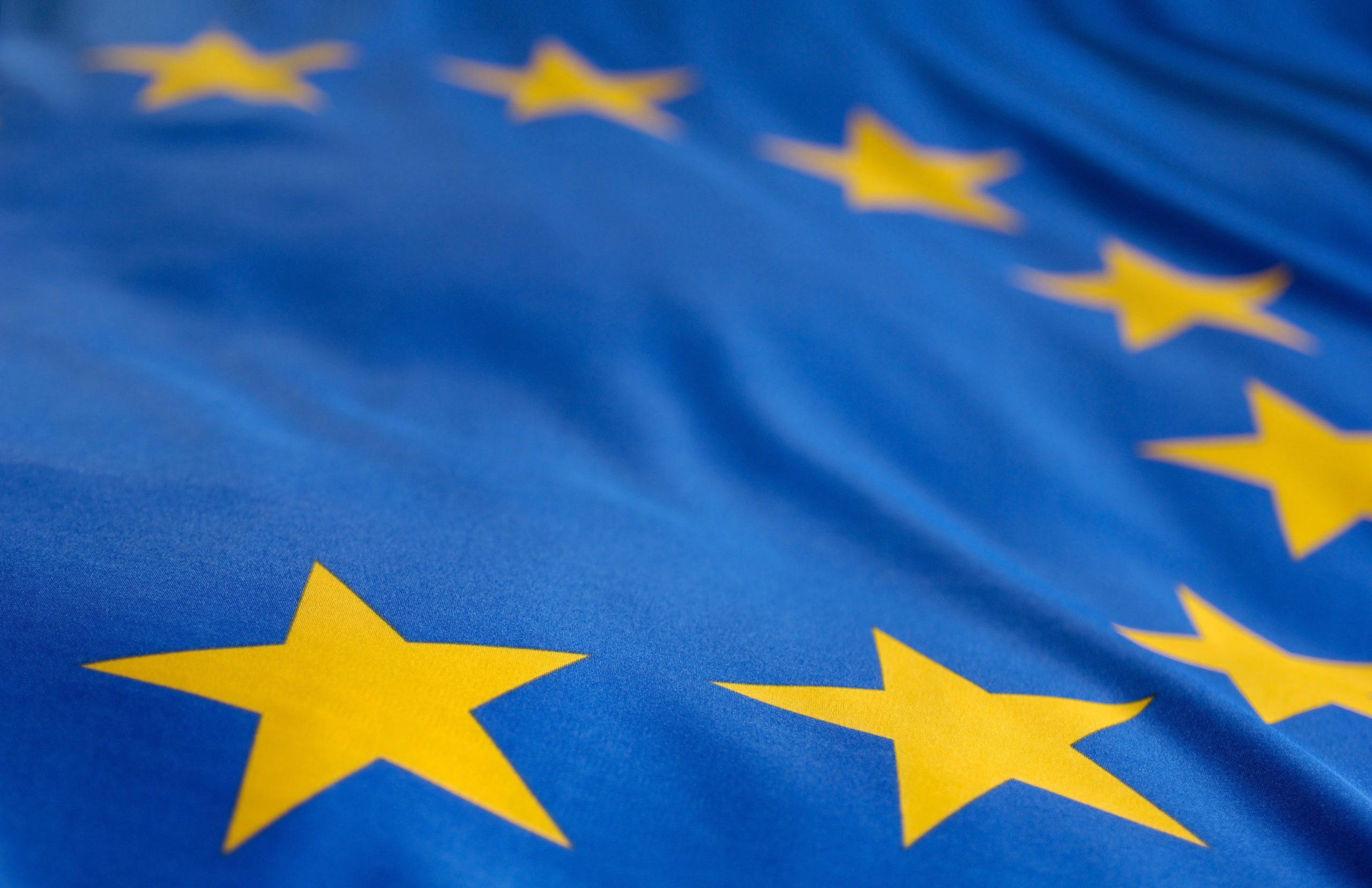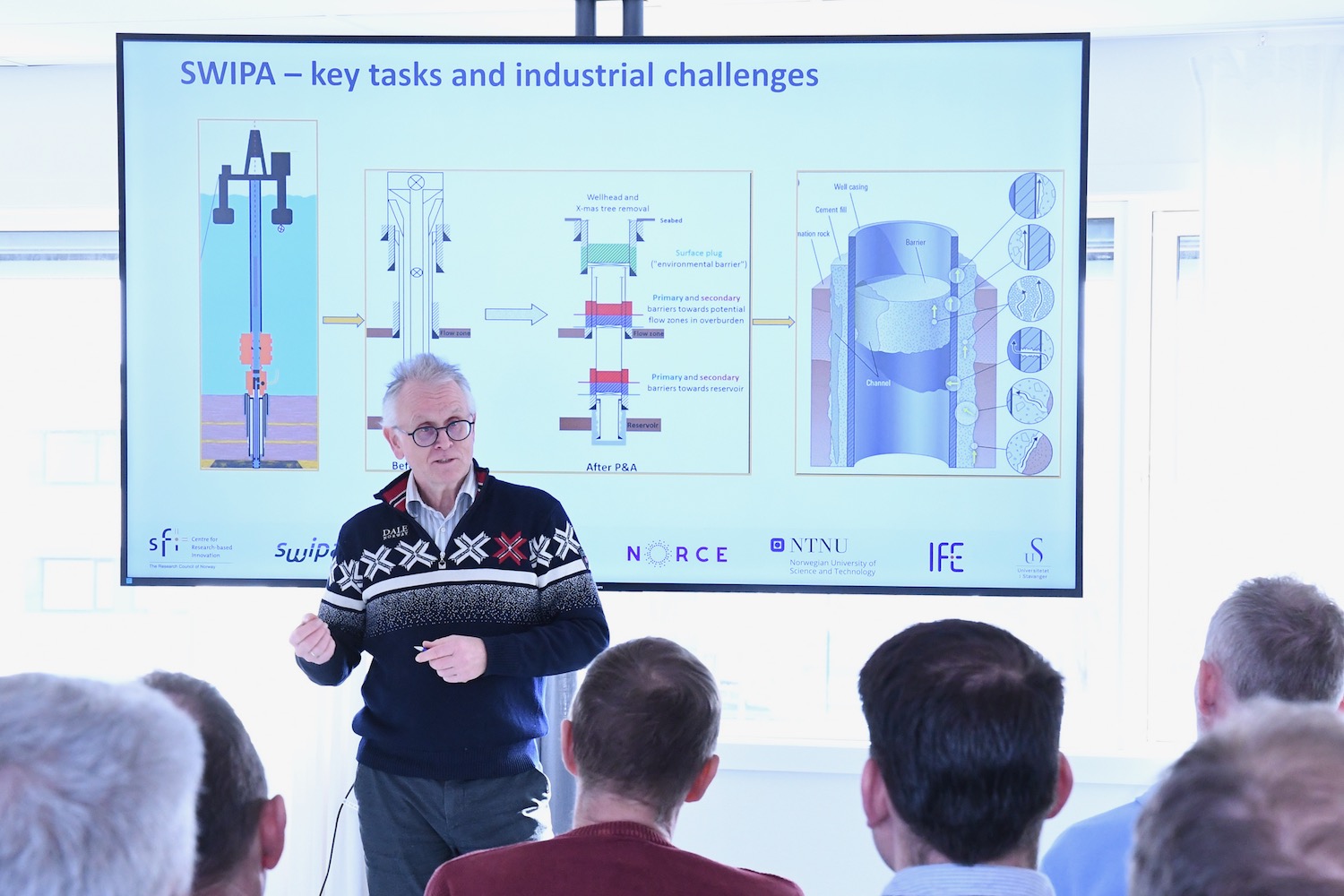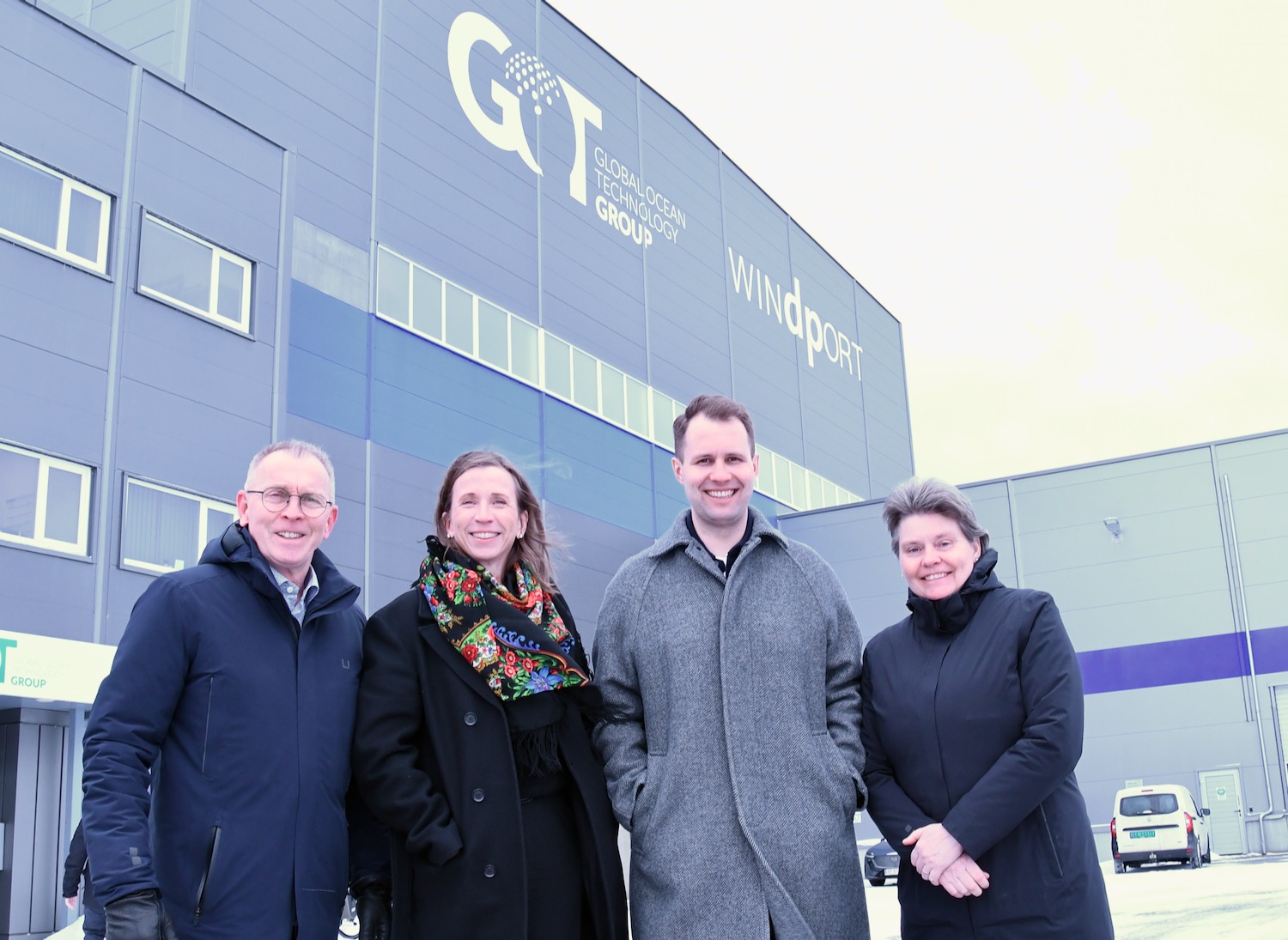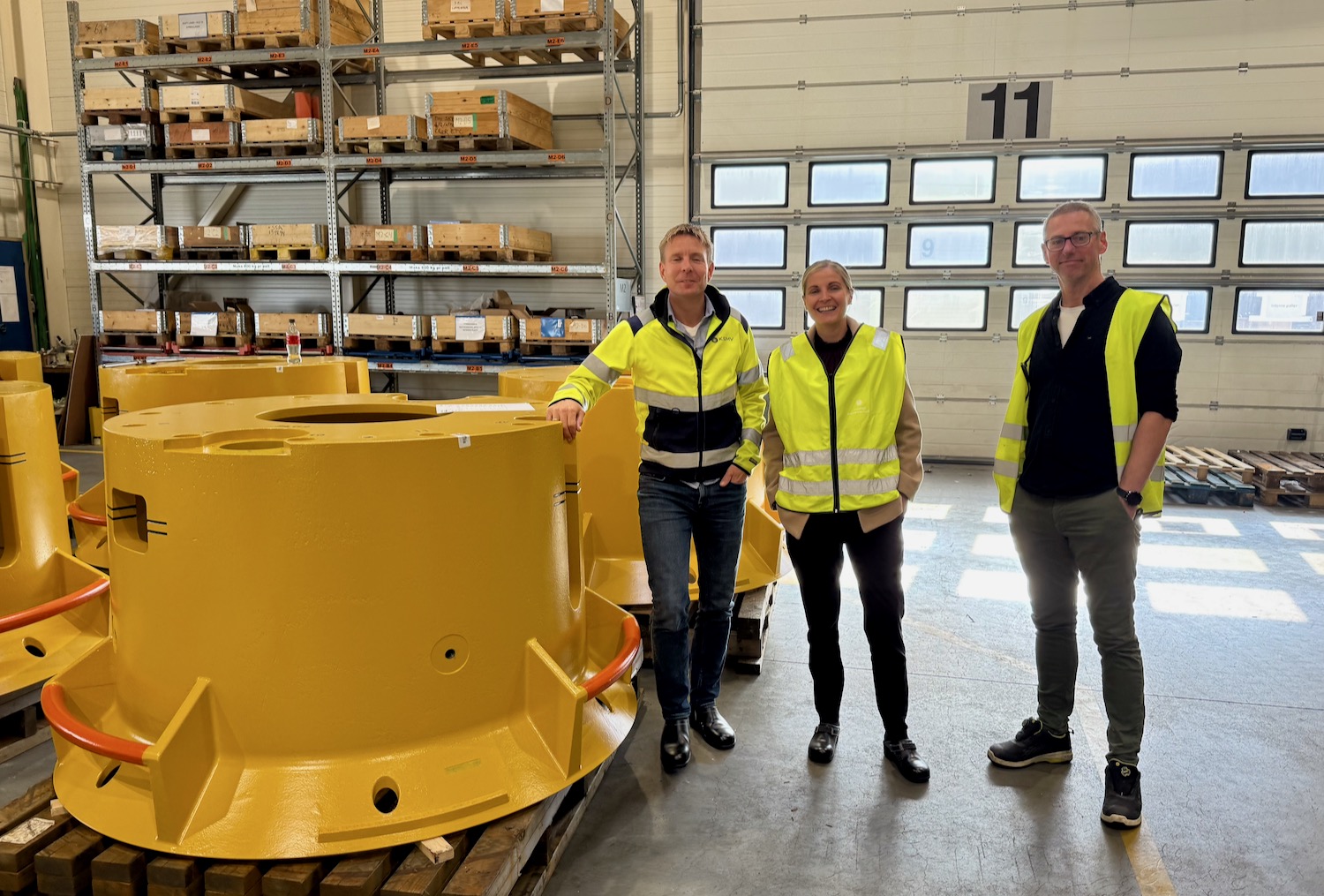Understanding the large European research, development and innovation funding schemes, is not for everyone. Aabel is a specialist, partially funded by Innovation Norway, to offer an understanding of and an insight into the rationale behind the programs.
“EU programs are designed to solve challenges defined through various work packages. Providing ideas and plans for how to solve a challenge is key for anyone who applies for EU funding for their projects,” says Aabel.
In addition to defining the link between a challenge and its solution, Aabel also assists in forming consortiums and building up deliverables.
“EU programs are on the agenda in a series of GCE NODE Breakfast Meeting in August. Please come and learn more, or simply give me a call. I am here to help,” says Aabel.
Aabel has identified three work packages that are especially relevant for GCE NODE:
DIGITAL, INDUSTRY AND SPACE
– Climate neutral, circular and digitized production – Increased autonomy in key strategic value
chains for resilient industry
– World leading data and computing technologies – Digital and emerging technologies for
competitiveness and fit for the Green Deal – Open strategic autonomy in developing, deploying and using global space-based
infrastructures, services, applications and data – A human-centred and ethical development of
digital and industrial technologies
CLIMATE, ENERGY AND MOBILITY
Addresses issues relevant to the twin green and digital transitions and the post-COVID 19 recovery, focusing on the transformation of our economy, industry and society with a view to achieving climate neutrality in Europe by 2050.
FOOD, BIOECONOMY, NATURAL RESOURCES, AGRICULTURE & ENVIRONMENT
Reduce environmental degradation and tackle the biodiversity decline on land, waters and oceans, through transformative change including with digitalization. It deals with natural resources, food security, agriculture, fisheries, aquaculture, food systems, circular economy, sustainable bioeconomy and forestry.




